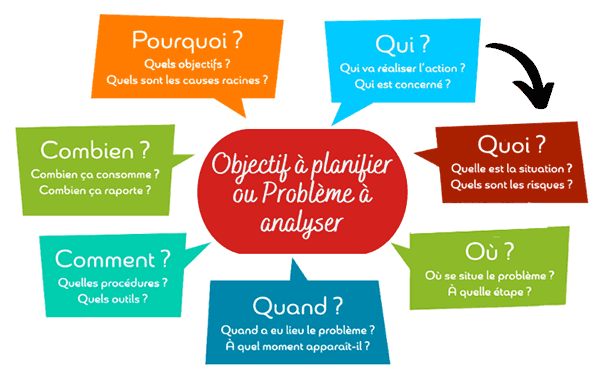At the time of the nap controversy, one certainty: if you want good report cards, your children must sleep a lot… and above all, you must dream.

Because you can learn while you sleep? Well no, this question may come up regularly, we are certain today that it does not work. On the other hand, we know that the amount of paradoxical sleep is directly linked to intellectual faculties.
REM sleep is that part of sleep where we dream and which is called REM because if the muscles are completely relaxed, the eyes move and brain activity is intense. Thus, in dogs, paradoxical sleep occupies only 6% of the total sleep time; in the cat, visibly more intelligent, it occupies 15%; and in men, 20%. Note that birds and reptiles do not have REM sleep.
If we deprive man of this type of sleep, and therefore of his dreams, the first function that is disturbed is memory. We know that if we have slept little, it is difficult to concentrate but also to memorize something correctly. Conversely, when an animal is taught a new behavior, its percentage of REM sleep increases.
A good amount of REM sleep is needed for the brain to collect and store information
REM sleep is more important at the end of the night than at the beginning, this part being essentially reserved for physical recovery. Then, after 6 hours of falling asleep, the amount of paradoxical sleep increases, allowing intellectual recuperation and preparing the brain, so to speak, for new acquisitions. Best example of this need: the newborn: his brain is brand new and must collect and store millions of information: his paradoxical sleep represents half of the 18 to 19 hours spent sleeping each day. At one year, it only represents a quarter, and from the age of 15, a fifth, as in adults; the majority of learning is done. It should be noted that in the elderly, the duration of paradoxical sleep is reduced to 16% of the total, a sign that although it can still store new information, the capacities of the brain are nevertheless, alas, considerably reduced.
















